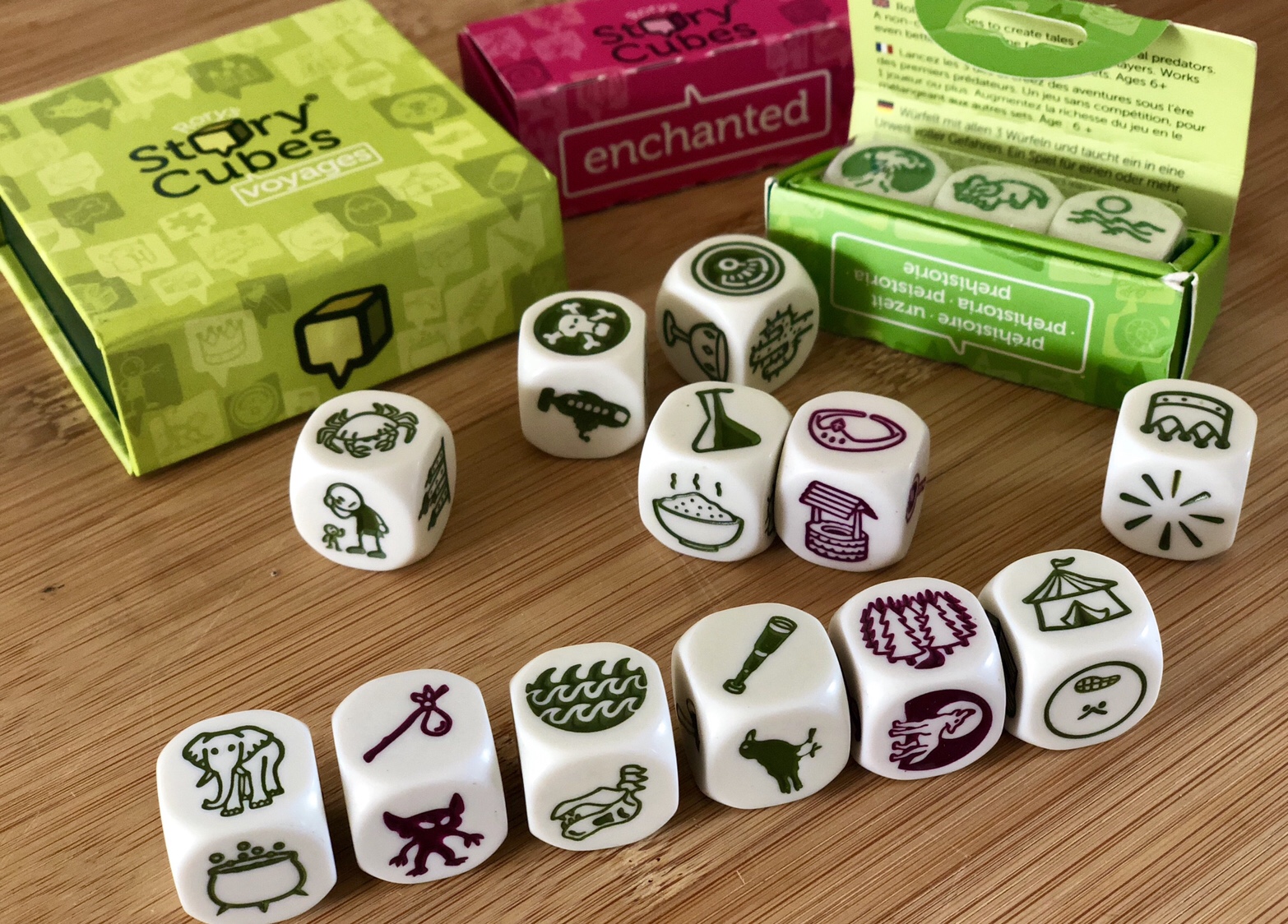
Conversation prompts
Gaming conversations
Do you have a conversation class with many younger students who haven’t travelled much? Perhaps they are interested in gaming!
Of course, there are many different types of gaming – computer and console gaming, collectible card games, role playing, tabletop board games, card games, poker and so many more. Most younger students are interested in at least one of these, or are willing to learn to play either a card game or tabletop game.
This is a good class to use comparatives and superlatives (better, best), and to use the present tense and past tense.
Warm up
Of course, there may be new vocabulary to revise, especially when there are specific game terms, phrases and abbreviations. A class-wide brainstorming and explanation session is the best way to start.
You’ll see words and more like: mana, HP (hit points), exp (experience points), DM (dungeon master), character points, action points, crit, to counter, to fold your hand, to bluff, to raise, guilds, and many more.
Plus, you’ll also come across less commonly used words like charisma, endurance and stamina. Even if you are a gamer yourself, encourage the students to explain the terms to each other.
Gaming categories
This is a top ten, rapid-fire activity. You say a category of games, and small groups of 3-4 have to write down ten games that fit that category, and they get to yell out when they have completed their list. Get the groups to compare their lists after each category. It’s typically noisy, but fun!
You can use broad categories like PC or console games, card games, or be more specific – civilisation building games, first person shooters or card games for four players. For more specific categories, a top five is easier and keeps the energy going. Some example categories:
- PC/console games
- Platformers
- First person shooters
- Empire building games
- (Japanese) role playing games
- MORPGs (Massive Online Role Playing Games)
- Puzzle games
- Card games
- Tabletop board games
- Tabletop wargaming
- Trivia games
- Role playing
- Live action role playing
- Reenactments
- Party games like Pictionary, Cards against Humanity, or Exploding Kittens (yes, this is really a game!)
- …
See if the students count things like puzzles, lego, chess, solitaire cards or mahjong tile-matching, or something else as gaming. Beware this might spark some friendly arguments!
Interviews
In pairs, students should interview each other and find out what types of games they like and why. Here are some questions they can use to spark a conversation. Let them talk freely.
- What is your favourite game and why do you love it?
- Why types of games do you like to play?
- Are there any types of games you hate? If yes, what don’t you like about them?
- Do you prefer sports or games? Why?
- How do you find the time to play?
- What was the longest game you ever played?
- Do you play with any others?
- What are the rules? How do you play?
- Are there any rules that don’t make any sense?
- Have you ever played with house rules, or created them?
- What was the first game you ever played and enjoyed? What made it fun?
- Have your tastes in games changed over time? Why or why not?
- What was your favourite character in a game?
- Have you or has someone you know ever dressed up as a character from a game? If so, why did they choose that character, and how was their costume?
- What new games are you looking forward to playing?
- How does live action role playing work?
- What are the best things to look for in an opponent when playing poker? What tells should I look for?
- When you play a computer or console game where you can create a character, do you play something similar to yourself, someone you would love to be, or someone completely different? Why?
Let’s play!
You’ll need some props for this – games and cards that you bring to class. Try to make sure you give a game to a group of students where at least one person knows how to play.
I have two favourite games that I like to take into conversation classes as ‘backups’.
- The card game Apples to Apples is fantastic for vocabulary growth for intermediate+ students and it has a junior edition which is ideal for beginner students.
- Rory’s Story Cubes are great for any level of language learner, and help students become more comfortable telling longer stories, even when they are using simple words and grammar constructs. Rory’s Story Cubes even has smartphone apps available for iOS and Android devices now, so students can keep practicing at home or with friends after class. Gaming conversations - Rory’s Story Cubes are great for language learners
With advance warning, you can get your students to bring in a game or decks of cards. Then set aside around 30 minutes where they can play. Obviously, these will need to be short games, with not much time needed to set them up or explain the rules. No mahjong or Settlers of Catan here!
First, get the students to explain the rules of their game to each other. Then let them play! I like to circulate and join in, or help one of the weaker students with a few of their turns.
This is also a good longer activity if you are running a weekend intensive language course. It gives students a break from trying to get their language use right, and lets them have fun.
Word games and puzzles on Patreon
I have published a huge collection of word games, crosswords and word find puzzles on my Patreon. If you enjoy these, consider joining!
Categories | PROMPTS
Tags | language learning, teaching
30 Mar 2018